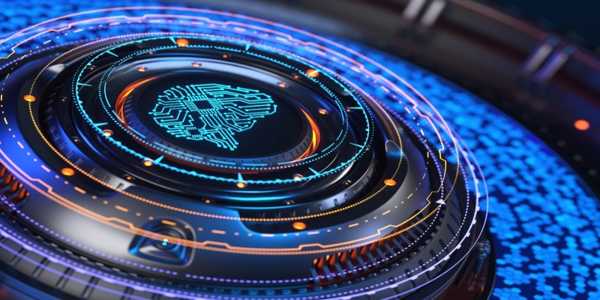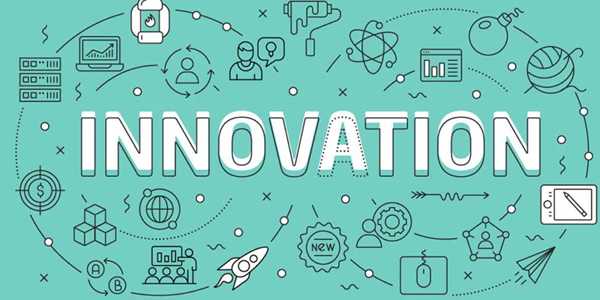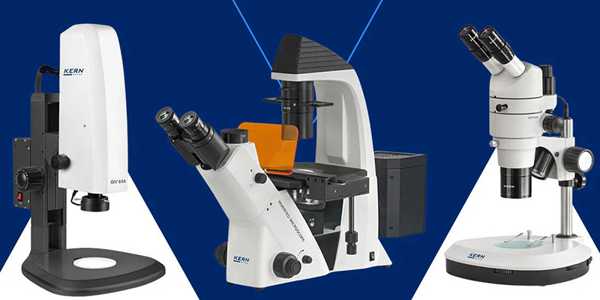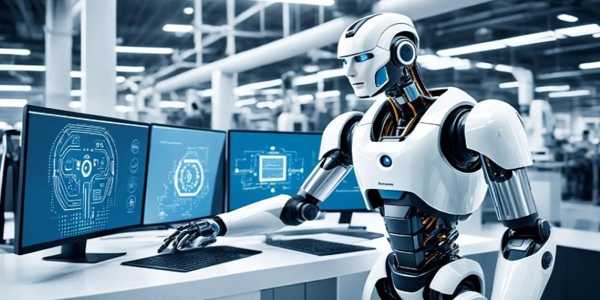- Electronics & Tech News
How Is Quantum Computing Expected to Evolve in The Next Decade?
Quantum computing can solve issues that classical computers cannot; therefore, it can potentially transform several industries completely. Substantial developments in quantum computing technology during the next ten years will result in new applications and scientific discoveries. This article examines challenges, prospective effects on different industries, and the future of quantum computing.
The Current State of Quantum Computing
Based on the ideas of quantum physics, quantum computing provides a whole new method of information processing over traditional computers. Here is the present scenario:
Unlike traditional computers, quantum computing processes information differently by utilizing the concepts of quantum physics. Bits in conventional computers are either 0 or 1. Qubits, which are used in quantum computing, can be both 0 and 1 at the same time—a property known as superposition.
Additionally, qubits can be entangled, allowing them to share information instantly. These properties enable quantum computers to solve problems much faster than classical computers.
Quantum computing is still in its infancy at this point. Businesses like Google, IBM, and Rigetti have created quantum computers that run on a comparatively small number of qubits. Even with their small size, these devices have already shown promise in some tasks, potentially surpassing traditional computers—a development known as quantum supremacy.

Near-Term Developments (1-3 Years)
In the next few years, several key advancements will shape the future of quantum computing.
Increasing Qubit Counts
One primary goal is to increase the number of qubits in quantum processors. More qubits mean more processing power and the ability to tackle more complex problems. Companies like IBM and Google are working on scaling their quantum processors to hundreds of qubits.
Improving Qubit Quality
Enhancing qubit quality is crucial for making quantum computations more reliable. This involves increasing coherence times and reducing error rates. Methods like improved qubit isolation and error correction codes are being developed to solve these problems. Improving qubit quality will make quantum computers more stable and practical for real-world applications.
Hybrid Quantum-Classical Systems
Another factor in the evolving quantum technology trends is hybrid systems that combine quantum and classical computing, which leverage both strengths to solve problems more efficiently. In these systems, quantum computers handle the most complex parts of a problem, while classical computers manage the rest. This approach allows for more practical and efficient problem-solving. In the next few years, we can expect the development of such hybrid systems, making quantum computing more accessible and valuable.
Mid-Term Developments (3-7 Years)
As we move further into the decade, several mid-term developments will drive the future of quantum computing.
Development of Quantum Algorithms
New quantum algorithms will be developed to exploit quantum computers' unique capabilities and solve problems beyond the reach of classical methods. Sets of instructions created specifically for quantum computers are known as quantum algorithms. These algorithms use superposition and entanglement, two special properties of quantum computing, to solve currently intractable problems using traditional methods. Areas like cryptography, optimization, and drug discovery are expected to benefit greatly from these advancements.
Quantum Error Correction
Advancements in quantum error correction will make quantum computations more reliable and scalable, addressing one of the biggest challenges in the field. Quantum error correction is a set of techniques to detect and correct errors in quantum computations. Error correction is one of the biggest challenges in quantum computing. Mid-term developments will likely see more sophisticated error correction techniques, making quantum computations more reliable and scalable. This will involve the implementation of error-correcting codes that can detect and correct errors in quantum data, which will be important for quantum computing in the next decade.
Commercial Quantum Applications
By 2025, we can expect to see the first commercial quantum applications, particularly in fields where quantum computing has a clear advantage. These applications will likely be in fields where quantum computing has a clear advantage, such as optimization problems in logistics, financial modelling, and material science. Early adopters in these industries will gain a competitive edge by leveraging quantum computing to solve complex problems more efficiently.
Long-Term Developments (7-10 Years)
Looking further ahead, quantum computing will continue to evolve with several transformative developments. Here are the long-term developments for quantum computing next decade.
Fault-Tolerant Quantum Computers
The goal is to build fault-tolerant quantum computers capable of performing long and complex calculations without being affected by errors. Fault tolerance will require breakthroughs in qubit design, error correction, and quantum architecture. The ultimate goal of quantum computing is to build fault-tolerant quantum computers, enabling more reliable and robust quantum computations.
Large-Scale Quantum Networks
Large-scale quantum networks connect quantum computers across locations, enabling distributed quantum computing and secure quantum communication. Long-term developments include the creation of large-scale quantum networks. These networks will enable new applications in cryptography, such as quantum key distribution, which can provide unbreakable encryption.
Integration with Classical Systems
By the decade's end, quantum computing is expected to seamlessly integrate with classical systems, optimizing performance for various applications. Hybrid systems combine quantum and classical computing, optimizing performance and efficiency for multiple applications. By the decade's end, quantum computing is expected to integrate more with classical systems. This integration will lead to the development of hybrid systems that can seamlessly switch between quantum and classical processing.
Challenges and Considerations
Despite the promising future, the evolving quantum technology trend faces several significant challenges that must be addressed.
- Technical Hurdles: Building and maintaining stable qubits, reducing error rates, and scaling up quantum processors are significant technical challenges.
- Standardization: Developing industry standards for quantum hardware, software, and protocols is essential for widespread adoption.
- Talent and Education: Training the next generation of quantum scientists, engineers, and developers is crucial to support the growth of the quantum computing industry.

Conclusion
Quantum computing is set to evolve dramatically, bringing about practical applications and significant advancements. Staying informed and prepared will be critical to leveraging this technology's opportunities in the coming decade.
Quantum computing is expected to evolve dramatically over the next decade, moving from experimental prototypes to practical, commercial applications. Advancements in qubit technology, error correction, and quantum algorithms will drive this progress. While significant challenges remain, the potential benefits of quantum computing are immense. They promise to transform industries and solve problems that are currently beyond our reach.





